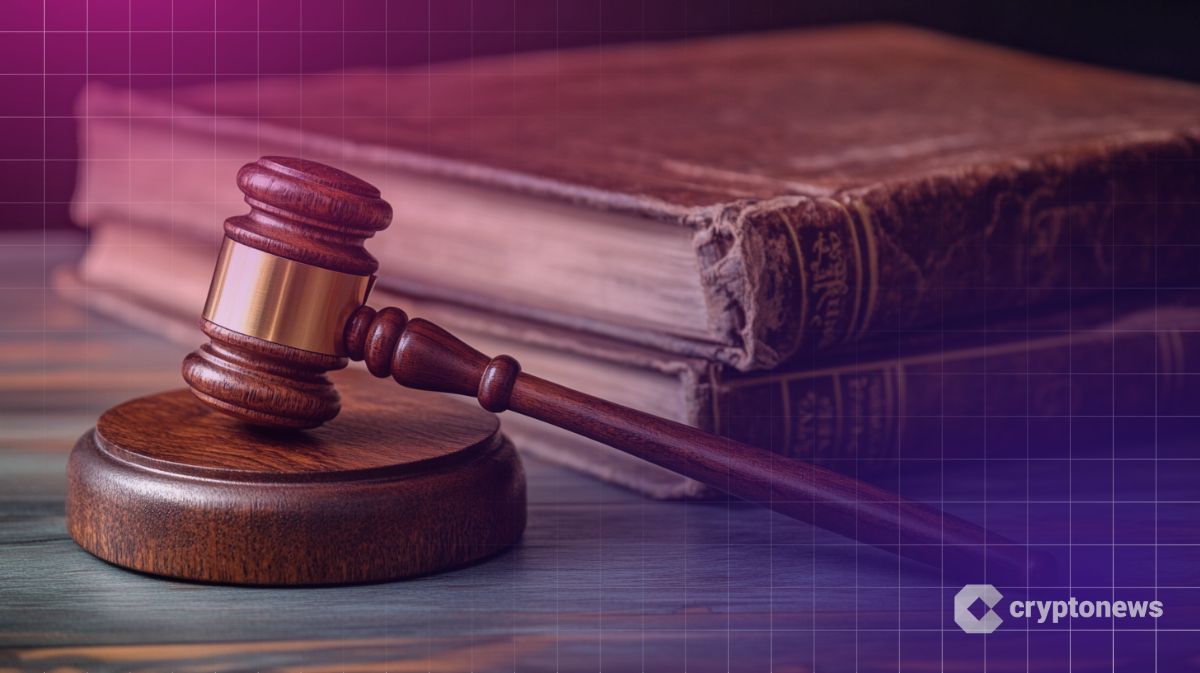In the era of emerging technologies, incidents of misuse of deepfake and ART are also increasing with the advancement of artificial intelligence (AI). The Ministry of Electronics and Information Technology (MeitY) of India has submitted the reports to the Delhi High Court.
The report highlights the spread and misuse of deepfake technology and AI scams in India, especially during the time of state elections. The report also highlights that serious and strict steps should be taken rather than implementing a new law.
As reported by Sohini Ghosh from The Indian Express, during November 2024, the Ministry of Electronics and Information Technology (MeitY) had set up a committee of nine members to report on the increasing deepfakes in India. On 21st January, the committee met technology and policy stakeholders.
During the meeting, the stakeholders stated that the focus should be on opposing bad actors rather than on innovative usage of deepfake technology. Further, the stakeholders highlighted that, “There should be regulation around mandatory AI content disclosure, labeling standards, and grievance redressal mechanisms, while emphasizing malicious actors rather than benign or creative uses of deepfake technology.”
There were concerns raised by the stakeholders at the meeting about “over-reliance on intermediary liability frameworks for AI-generated content regulation.” They also stressed the need to “improve the capacity of investigative and enforcement agencies rather than introducing new regulations.”
The report also said that a lot of different groups agreed that the current laws, including the Information Technology Act, 2000 (IT Act), the Information Technology (Intermediary Guidelines and Digital Media Ethics Code) Rules, 2021 (IT Rules, 2021), and the Bharatiya Nyaya Sanhita, 2023 (BNS), are enough to stop bad deepfake use, but they need to be enforced more strictly and have better forensic tools.
The Deepfakes Analysis Unit (DAU), which is an initiative under the Meta-supported Misinformation Combat Alliance (MCA), has created an initiative, Deepfakes Analysis Unit (DAU), for it, and it has flagged two alarming trends related to the misuse of deepfake technology, stating that deepfakes are particularly targeting women during state elections.
It has also specified the AI-driven scams held in post-elections. It also noted that detecting deepfake audio remains a significant challenge due to the difference between real and manipulated voice recordings.
Further, the report states that the ministry is working with the Ministry of Information and Broadcasting to gather testimonies from individuals affected by deepfake content. The committee has also requested the Delhi High Court to extend the time and provide an additional three months to complete these talks. The court has approved the request.
Also Read: AI will remain incomplete without India: Narendra Modi
The Crypto Times – Read More









